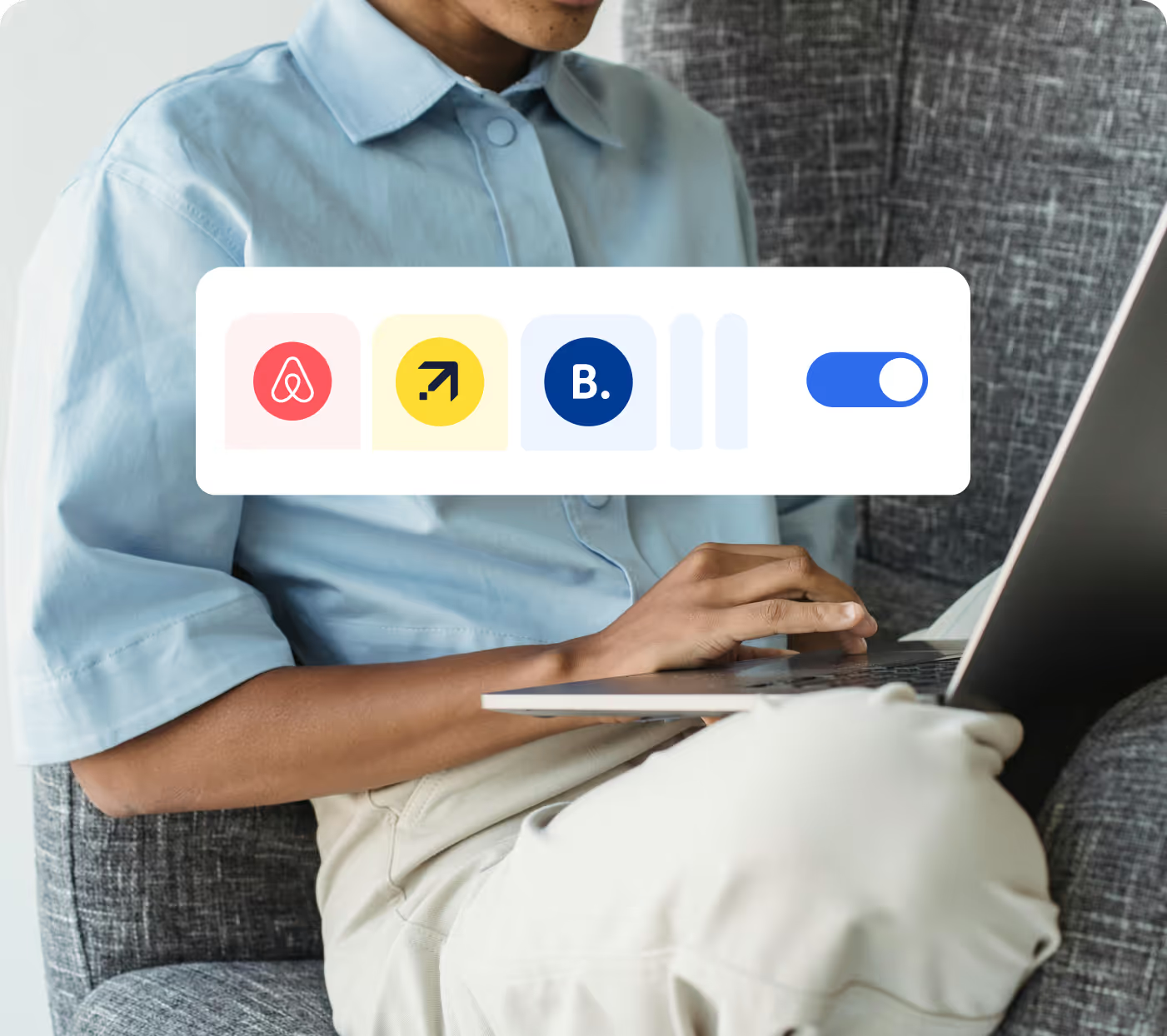What are Smart Hotels?

The use of modern technology in the hotel industry has revolutionized hotel operations and guest experiences. As hoteliers understand the shifting needs of the current market, they are exploiting technology to create smart hotels that meet the needs of a technology-hungry market with high digital needs. Smart hotel technology has enabled hoteliers to streamline hotel processes, increase sustainability efforts, and improve customer experiences by providing customers with personalized services.
What are smart hotels?
These hotels use modern technology for mutual benefits for hoteliers and guests. To keep up with current hotel trends, hoteliers use technology such as voice-activated controls, smart check-in services, holographic technology, and robot concierges to improve the guest experience and make a profit. The significant increase in smart hotels can be attributed to the hospitality industry's attempt to meet the high digital expectation needs of guests.
Advantages of smart hotels
The followings are some advantages of smart hotels:
Promotes convenience
The efficiency of a hotel can be measured by how fast they serve their guests. Hoteliers can use technology such as smart self-check-in, which allows guests to quickly check-in, and out at their convenience using smart devices. The use of smart technology can help hotel managers save time and resources by simplifying hotel processes. For instance, if your customer uses their smartphones to check in, you can redirect human resource to other areas.
Improve sustainability
Using technology can help the hotel industry reduce its adverse effects on the environment. For instance, hotel owners can build smart hotel rooms and smart suites equipped with smart thermostats, and smart energy management systems that can help reduce energy consumption. Hotel technology that allows guests to use their smartphones to turn the air conditioning on and off at their convenience can help save energy.
Enable remote access and controls
A smart hotel room or smart suites enables guests to control their hotel rooms remotely. For example, a guest can lock the hotel door, close and open curtains, turn TV on or off, and manipulate the lighting system. Smart hotel technology can make the guest experience more enjoyable, thus ensuring their return. Hoteliers can also remotely access rooms, change room temperature, and switch off the lights after guests have checked out.
What is smart hotel technology?
Its technology is used in the hotel industry to streamline operations and improve guest experiences. It enables efficient interactions between customers, services technology systems, and hotel employees. Hoteliers can use Smart hotel technology to collect data that helps improve customer services, increase energy conservation, and handle proper time maintenance, and repairs. Customers can use the technology to enjoy personalized services at their convenience.
Examples of smart hotel technology
The following are an example of smart hotel technology:
Robots
The hotelier can use robotic technology to provide contactless services to the guest. This can be an essential technology for hotels whose clients prefer privacy operations. For instance, you can use a robotic butler to deliver toiletries to clients. Hotel managers can deploy robots to work in housekeeping, front desk, and room service sections.
Internet of things (IoT)
IoT technology aims to enhance customers' experience and reduce hotel operational costs. This technology connects hotels' smart devices through the internet, creating a digitally responsive hotel environment. IoT can include motion sensors, voice control systems, smart TVs, and sensitive locks. Hoteliers can free up human resources to perform other responsibilities by using IoT in the hotels.
Voice search, and control services
Voice search and control services can provide customers with conversational help. For instance, hoteliers can use voice search services technology in smartphones, homes hubs, or smart TVs to enable guests to use voice commands without manually pressing the device button to get information. Voice search and control services can also help the hotelier know the guest's preference and make data-based judgments about what to provide as default choices.
Soft keys
Picking and dropping hotel keys at the front desk can be tedious and time-consuming for guests and hotel staff. Hotel managers can educate guests to use soft room keys that can remove the inconveniences associated with traditional keys, like constantly replacing lost keys. Smart hotel technology enables hoteliers to issue contactless keys such as mobile keys to customers.
Movement-based thermal sensors
Occupancy-based thermal sensors can help hoteliers reduce energy costs. You can program your thermal sensors to power on where there is occupancy and off when the room is empty. Thermal technology ensures that your hotel uses power when it's needed, saving costs, and contributing to sustainability efforts.
The influence of technology on the hotel industry has significantly improved hotel processes and guests' experiences. Hoteliers are exploiting the use of smart hotel technology to entice new customers, improve customer experience, promote sustainability, and reduce operational costs. Smart hotels enable customers to meet their high digital needs while avoiding the inconveniences of buying and maintaining smart technology. For hoteliers, smart hotels provide an opportunity for hoteliers to make a profit by meeting emerging customer needs in the hotel industry.
Join 15K+ hoteliers
simplifying their daily
operations with Amenitiz.



